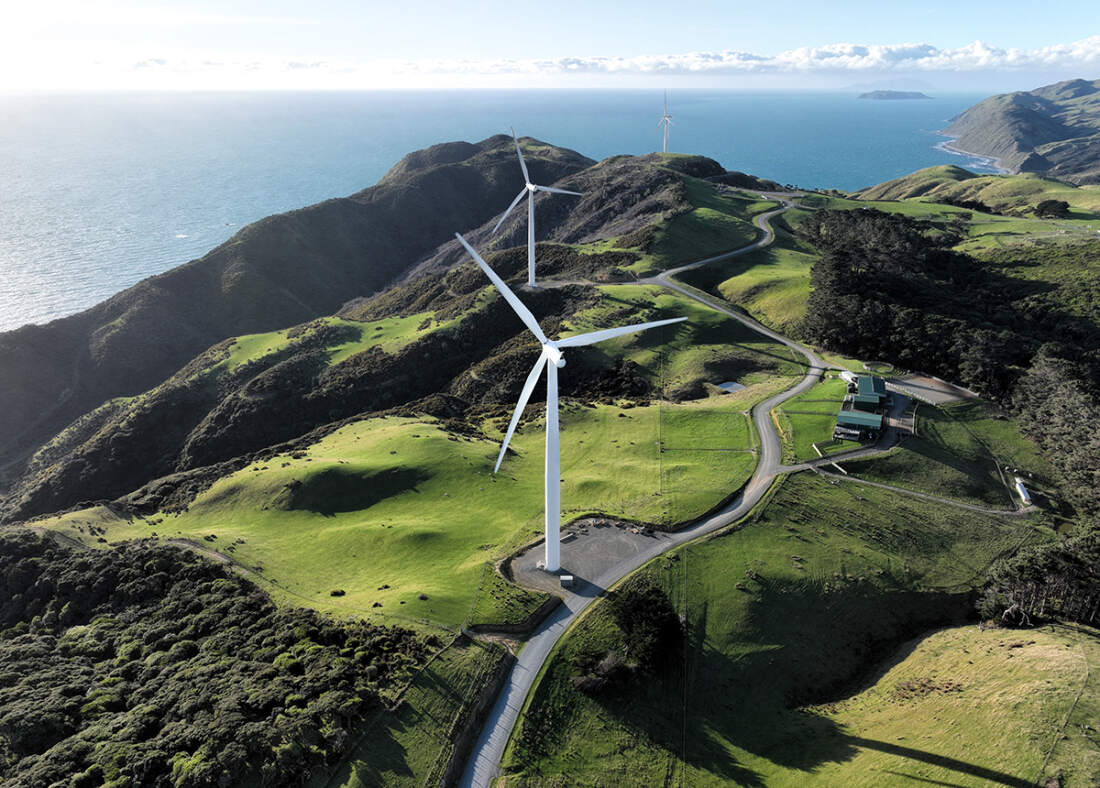Tailored resources for sectors
Businesses account for around 40% of New Zealand's energy-related emissions, so they represent a big opportunity for decarbonisation.
Our Sector Decarbonisation Programme collaborates with sector associations and technical experts to connect New Zealand businesses with world-class innovation and best practice guidance to decarbonise at a sector level.
The programme also provides new businesses with best practice knowledge when they enter the sector.
The business good of decarbonisation
Switching away from fossil fuels can have many benefits for business, beyond reducing greenhouse gas emissions.
- Cost savings – reduce operating costs through energy efficiency and fuel switching.
- Social license – improve your reputation with socially responsible consumers and investors.
- Brand value – tap into new markets, spark innovation and create business opportunities.
- Employee engagement – attract and retain talent.
- Compliance – stay ahead of regulation for climate change mitigation.
Register
Want to receive tailored tools and resources straight to your inbox?
Sign up to the Sector Decarbonisation Programme now.
A big part of decarbonising our economy means understanding what options there are to transition, developing plans to get there and supporting businesses to bring on new technology.
Sectors we're working with
Wayfinder
-
Co-funding opportunities

